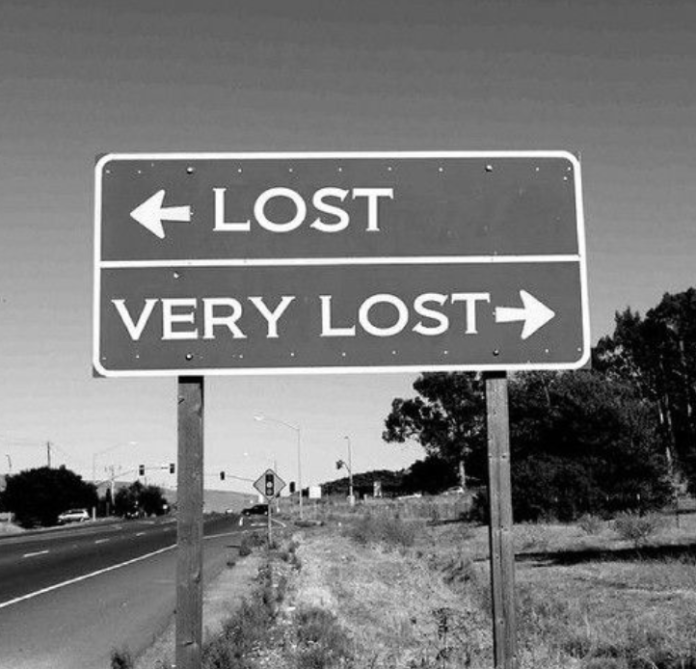Four Waikato families with the worst possible experience of DHB-run mental health services have joined forces to write an open letter to the Government calling for an urgent investigation of Waikato DHB’s services.
Ranging in time from our son Nicky Steven’s death in March 2015, to the disappearance of Matthew Prichard-Case just last month while on leave from the DHB’s Henry Bennett Centre, the four families have told Health Minister David Clark that nothing substantial has improved in the last five years, despite various announcements of extra funding and new organisations.
The disappearances and deaths of their whanau members shows to the families that the culture and leadership of this country’s mental health services remains untouched, and that more disasters and harm will follow without real change.
This is not just a Waikato problem – similar cases are being reported every week in Canterbury, Auckland, Bay of Plenty, Otago, Northland, Wairarapa; you name it. Unless Governments understand that the mental health profession does not have the answers to the mental health crisis facing this country, we fear that the awful statistics and the terrible burdens being visited on our whanau will continue.
Here is the letter:
“Request for an urgent investigation into Waikato DHB Mental Health services.
This request is from 4 Waikato whaanau/families who have experienced serious or sentinel events relating to family members who were under the care of Waikato DHB mental health services.
- Jane Stevens and Dave Macpherson whose son Nicky died in March 2015 after Waikato DHB community mental health services and acute mental health inpatient services provided inadequate and unsafe care that led to his death. (See Coroners findings)
- Genevieve Simpson whose brother Vaughan Te Moananui died in May 2015 after Waikato DHB mental health services provided inadequate and unsafe care that led to his death. (See evidence to Coroners hearing)
- Ray Thomassen whose son Rhys died in Nov 2019 after Waikato DHB Acute mental health services provided inadequate and unsafe care that led to his death. (See DHB Internal Review)
- Dr Rosalind Case who has submitted a complaint to the Health and Disability Commission regarding her nephew Matthew Prichard-Case. Matthew went missing from Waikato DHB acute inpatient mental health services in January 2020 as a result of Waikato DHB acute mental health services providing inadequate and unsafe care. (See Health and Disability Commissioner complaint)
Our whaanau are deeply concerned at the ongoing risks of harm or death to vulnerable patients due to the continuing failure of the Waikato DHB to provide safe and high quality care both in the community and in its inpatient facilities.
There is a long list of preventable deaths and serious events at Waikato DHB and in spite of a section 99 inspection by the former Minister of Health Jonathon Coleman in July 2015 (after the death of Nicky Stevens and escape of two forensic patients.) And in spite of the Governments Mental Health Inquiry in 2018, these tragedies continue to happen. For example;
- The case of Ross Bremer in October 2016 where Ross, his mother and 2 members of the public died and his father was left seriously wounded
- The death of Vaughan Te Moananui who was shot by Police during a psychotic episode
- The deaths of 2 patients let out on unescorted leave in July 2016 and August 2019
- The death of Rhys Thomassen November 2019
- The disappearance of Matthew Prichard-Case and other patients while on escorted leave.
There are also deaths and serious incidents that have happened when people have not had access to services or have been released into the community too soon or without the support they need. These also need to be investigated.
These preventable tragedies are happening too often. Families knowledge and concerns are being ignored by mental health providers. This is the story of each of our families and it has led to the preventable deaths of our loved ones. Whaanau are not well supported when they need it most.
This situation has motivated our whaanau into coming together to call for an urgent investigation. We are passionate about preventing further tragedies of this nature, and expect you are too.
We call on you as Minister of Health to:
- Undertake a full, independent and urgent investigation into the safety and quality of Waikato DHB mental Health services. And:
- To action the call of families during the 2018 Mental Health Inquiry to establish a fully independent national complaints and review body that has the capability to investigate quickly and effectively. And:
- To commit significant resourcing to the development of independent peer/support/advocacy systems for service users and whaanau/families that enable them to be effectively supported and have a voice during care and treatment, serious and sentinel incidents, reviews, inquests and other processes.
This request is supported by the families of Nicky Stevens, Vaughan Te Moananui, Rhys Thomassen and Matthew Prichard-Case in the hope that our speaking out will contribute to ensuring we get the changes required to ensure transformation of mental health services in the Waikato (and nationally) into the safe and high quality services that everyone needs and deserves.
Given the urgency of this issue we request a response to our request by 15th March.
Dave Macpherson – TDB mental health blogger & Former Waikato DHB Elected Member whose son was killed by public health incompetence.






But kindness rules, how come there are still issues?
New Zealand has a long history of mental health abominations, going back generations. Oakley comes to mind (and is driven out again as fast as possible).
How to fix such a long, long, long history of abuse… (I have no answers at this time)
If Waikato DHB had put as much effort into undertaking lessons learned reviews after each event instead of legal challenges trying to have findings suppressed we would be in a much better place. This is the consequence of running social services like a business with “professional management” and careerist staff more concerned about negative publicity rather than acting like medical professionals and using events as part of a continuous improvement process. That is what the no blame model is meant to produce. Not passing the buck or ignoring the problem altogether. I suspect with the deficits at all DHBs (surely if they are all in deficit the funding model is wrong), mental health is an easy way to make savings.
Comments are closed.